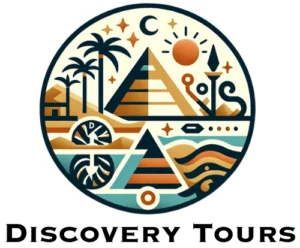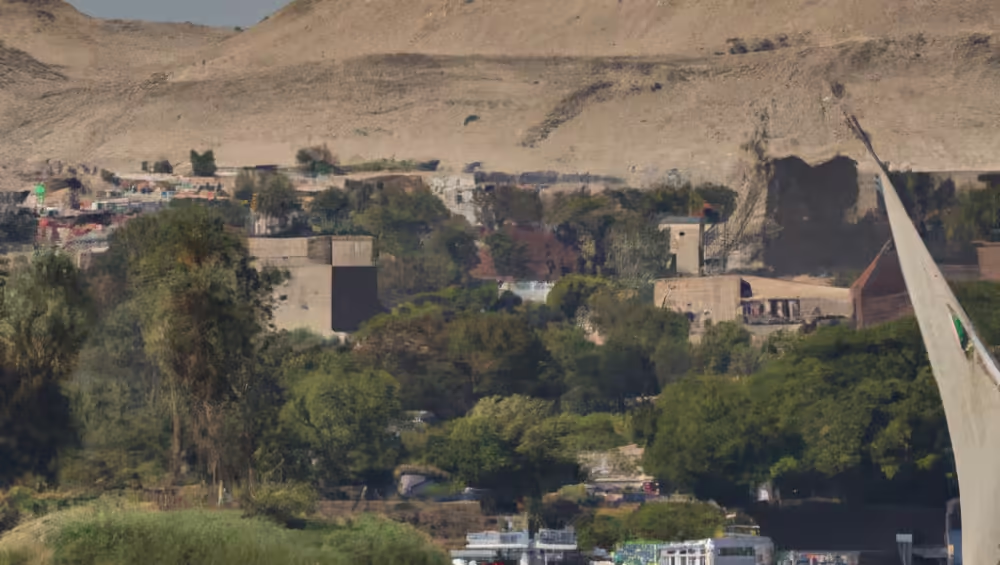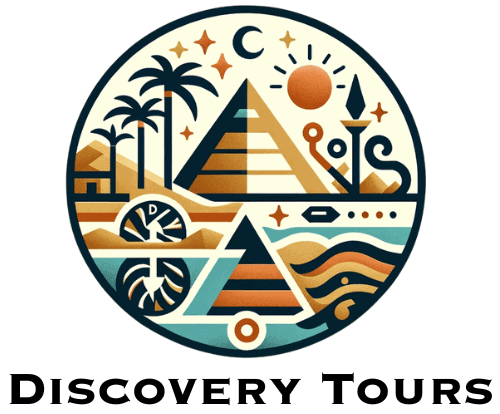# Navigating Egypt’s Iconic Nile River: A Journey Through Time
The Nile River, often regarded as the lifeblood of Egypt, has been a source of sustenance, culture, and history for thousands of years. Stretching over 6,650 kilometers, this majestic waterway not only nourishes the arid lands of Egypt but also carries with it stories of civilizations that have flourished along its banks. For travel agents and tour operators, understanding the significance of the Nile and the diverse travel opportunities it offers is essential in crafting unforgettable experiences for clients.
## A Historical Overview: The Nile’s Role in Ancient Civilization
The Nile River has been central to Egyptian civilization since antiquity. It was along its banks that the ancient Egyptians developed one of the most sophisticated cultures in history, leveraging the river’s annual flooding to enrich the soil for agriculture. This natural phenomenon, known as the inundation, played a vital role in ensuring food security and economic prosperity.
### Why is the Nile River considered the “Mother of All Waters”?
The Nile River is often referred to as the “Mother of All Waters” due to its immense significance in sustaining life in Egypt. The river’s waters were crucial for irrigation and agriculture, enabling the growth of crops that fed the population. Beyond its practical uses, the Nile was also a central element in Egyptian mythology, symbolizing rebirth and fertility, further solidifying its place in the hearts of the Egyptian people.
## Travel Opportunities: Exploring the Nile
Traveling along the Nile offers a unique glimpse into Egypt’s rich history and vibrant culture. From luxury cruises to adventure-packed day trips, the options are diverse and cater to a variety of traveler preferences.
### What are the best ways to experience the Nile River?
1. **Nile River Cruises**: One of the most popular ways to explore the Nile is through a cruise. These vessels range from opulent floating hotels to more budget-friendly options, allowing travelers to soak in breathtaking views of ancient temples and tombs from the comfort of their own cabin. Most cruises typically run between Luxor and Aswan, highlighting key historical sites such as the Valley of the Kings, Karnak Temple, and the Temple of Philae.
2. **Day Tours**: For those seeking a more immersive experience, day tours offer a chance to explore specific sites along the Nile. These tours often include guided visits to nearby attractions, cultural performances, and traditional meals, providing a well-rounded experience of Egyptian hospitality.
3. **Feluca Rides**: For a more authentic and tranquil experience, travelers can opt for a traditional felucca ride. These sailboats, with their white sails capturing the gentle breeze, allow visitors to navigate the Nile at a leisurely pace. It’s an excellent way to witness the river’s natural beauty while enjoying the serenity of the surroundings.
### How accessible is the Nile for international travelers?
The Nile is highly accessible, with major cities such as Cairo, Luxor, and Aswan serving as key entry points for international travelers. Egypt’s tourism infrastructure has improved significantly, making it easier for visitors to navigate the region. Domestic flights, trains, and road travel connect these cities efficiently, allowing travel agents to create seamless itineraries that highlight the best of the Nile’s offerings.
## Cultural Insights: The River’s Influence on Modern Egypt
The significance of the Nile extends beyond its historical context. Today, it continues to shape the lives of millions of Egyptians. Its waters provide irrigation for agricultural lands, while its banks serve as bustling marketplaces for local trade.
### What cultural experiences can travelers expect along the Nile?
Travelers can immerse themselves in authentic Egyptian culture through various experiences. From enjoying traditional music and dance performances to participating in cooking classes featuring local cuisine, the Nile offers an array of opportunities to engage with Egyptian customs. Local villages along the river also provide insights into the daily lives of people who depend on the Nile, showcasing the enduring bond between the river and the Egyptian populace.
## Conclusion: Embrace the Journey
Navigating Egypt’s iconic Nile River is more than just a travel experience; it’s a journey through time that reveals the heart of one of the world’s oldest civilizations. As travel agents and tour operators, it is vital to incorporate the richness of the Nile into your offerings, allowing clients to experience the unique blend of history, culture, and adventure that this remarkable river provides. Whether through luxurious cruises, intimate day tours, or traditional felucca rides, the Nile invites travelers to create lasting memories that echo the timeless tales of Egypt’s past.
In conclusion, with its historical significance, diverse travel opportunities, and vibrant cultural experiences, the Nile River remains a must-visit destination for anyone looking to explore the wonders of Egypt. As you plan your itineraries, remember to highlight the Nile’s allure, ensuring that your clients have the opportunity to embrace the journey along this iconic waterway.





